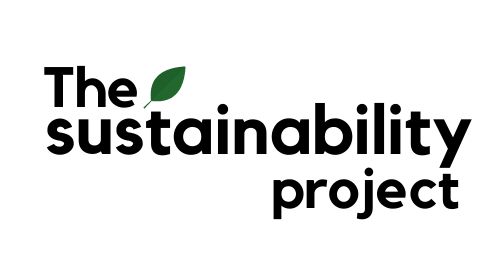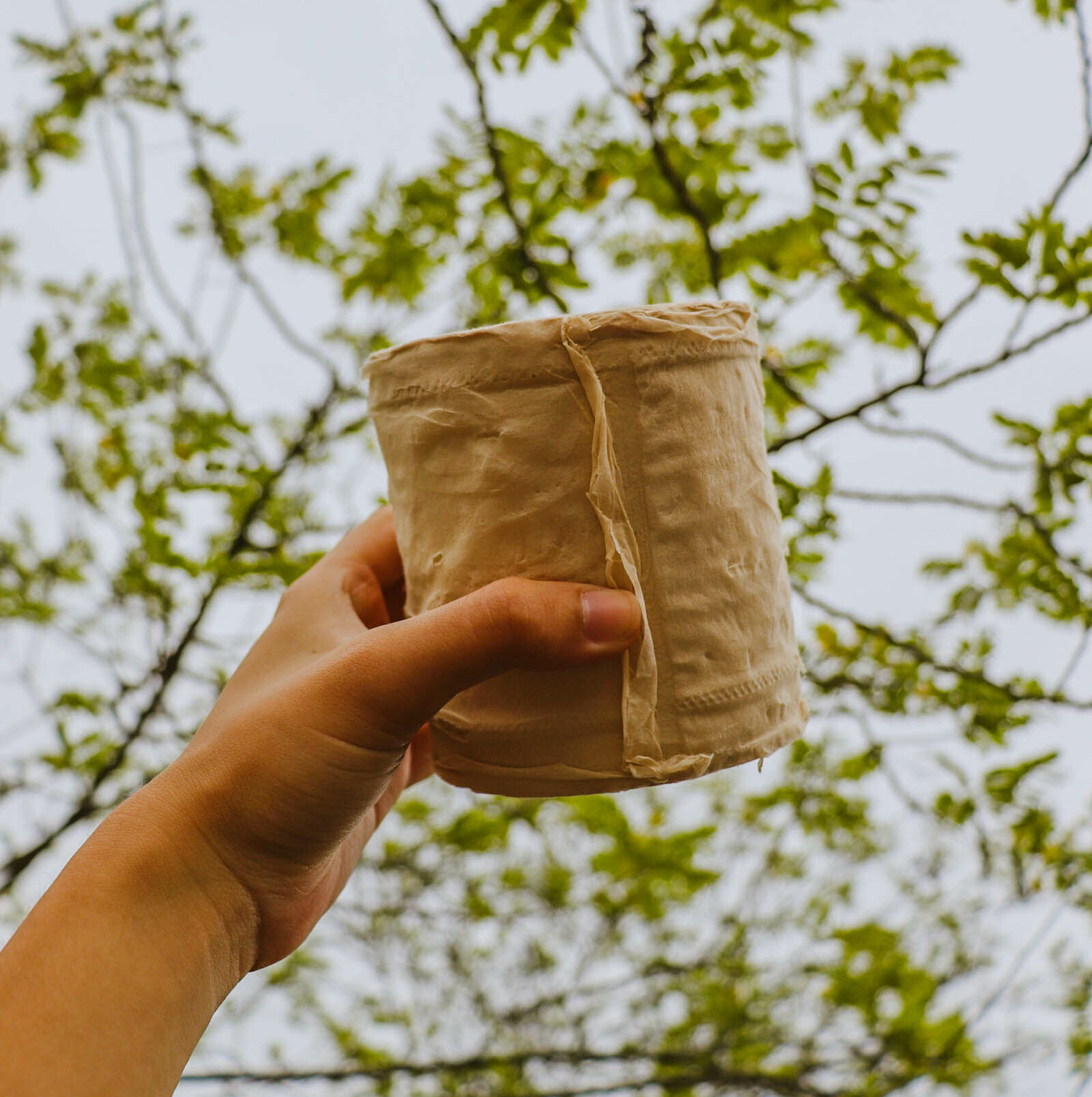You are at a supermarket buying some groceries. And you have toilet tissue on your list. You almost instinctively grab a roll of paper toilet tissue. But then a thought crossed your mind: are paper toilet tissues truly sustainable? You put your hand back. And you look up to see a newly stocked item that you have never seen before: bamboo toilet tissues. Now you are wondering, should I get bamboo toilet tissues instead?
The short answer is yes! Bamboo toilet tissues are more environmentally friendly than paper toilet tissues, as scientific research has shown.
Today, we will be sharing with you the benefits of using bamboo toilet tissues, as well as tips on how to reduce the amount of toilet paper you use generally.
Benefits of Bamboo Toilet Paper
So, what’s so good about the humble bamboo toilet tissue that is even better than conventional paper toilet tissue?
Bamboo trees grow faster than typical trees
A single tree can be cut down to make about 1,500 rolls of toilet tissue.
Unfortunately, this has led to deforestation of some major forests in the world, including the Sumatran rainforests, the Canadian Boreal forest, and the Swedish Great Northern Forest. It is estimated that we caused the deforestation of 27,000 trees daily to manufacture toilet tissue.
However, the good news is bamboo grows faster than typical trees. While a standard tree takes at least 30 years to grow, bamboo grows to the height of maturity within 3 to 4 months!
Each human uses approximately 57 sheets of toilet tissues per day, and the global demand surges beyond 80 million toilet rolls daily. With bamboo being the quickest-growing plant on earth, if everyone in the world switches to bamboo toilet tissues today onwards, we will still be able to meet this demand sustainably!
Also, in case you are concerned about growing bamboo for toilet usage at the expense of the population of the endangered pandas, do not worry! The bamboo species for toilet tissue is different from the kind that is used to feed pandas, so pandas will still flourish.
This is why so many sustainable brands like us, Ecoy Australia or BAM focuses on creating products with bamboo!
Bamboo toilet papers require less water to manufacture
Do you know that manufacturing a roll of paper toilet tissue requires 140 litres of water?
Switch to bamboo toilet tissues, and your water footprint will decrease. Bamboo grows densely, so less land and water are consumed by these plants.
Best biodegradable toilet tissue material goes to… Bamboo!
Within 1 year, bamboo toilet rolls would have decomposed into nature. This is so quick!
In fact, bamboo toilet tissues take 4 times faster to decompose as compared to conventional or recycled paper toilet tissues, which can take about 1 to 3 years.
Read More: No 2021 Resolution Yet? Add This: Beach Clean Ups
Using bamboo toilet paper is safer and healthier!
Many of us prefer to use soft and velvety paper toilet tissues. But are you aware that a lot of ink, chemical substances and synthetic fragrances are added to these tissues during the manufacturing process? These can be detrimental to our health in the long run.
Instead, try using bamboo toilet papers, which do not require any of these chemical ingredients.
Really? Is Bamboo Toilet Paper Too Good To Be True?
Electricity used to make paper toilet tissues release carbon emissions. Fun fact: a single paper toilet roll uses 1.3 kWh of electricity! But Singapore does not currently grow bamboo on a large-scale, commercial basis. So, will using bamboo toilet tissues exported from overseas increase our carbon footprint? By making a switch to using bamboo toilet rolls grown from regional countries, we can offset our previous carbon emissions that we produced indirectly when we used paper toilet tissues.
Now, many paper toilet tissue brands originate from Malaysia than those from China. Bamboos can grow in many different climates and are resilient in harsh climates. And bamboo forests are located in Africa, Asia, Central and South America. We hope that in the future, more brands will source bamboo from Asian forests, especially those that are nearer to Singapore.
Also, we are pretty sure that with so many health and environmental benefits of using bamboo – an incredibly versatile material – in our daily lifestyle, the demand for this material will increase, and this will most probably help to reduce the costs of bamboo products.
How Not To Waste Toilet Rolls?
Next up: many of you may be wondering: How can we reduce the amount of discarded empty rolls? Or perhaps, how can we extend the lifespan of each toilet roll?
Keep in mind that it is a lot more sustainable to lead a zero-waste lifestyle than excessively using and then wasting eco-friendly items!
Read More: 18 Ways To Use A Stasher Bag
How not to waste: Toilet tissues?
An average person uses 8 to 9 toilet tissues per toilet use. You could save your toilet from clogging up by reducing the number of tissues you use during every toilet trip. This helps to save our earth as well!
Alternatively, you could usually use a bidet, and only use toilet tissues when necessary. Bidet is considered a great alternative to leading a true zero-waste lifestyle in your bathroom as it uses only 0.5 litres of water per toilet use. This option can reduce the number of trees cut down daily. Plus, you won’t have to worry anymore about how long your toilet tissues will take to decompose.
How not to waste: Empty toilet rolls?
Once you’ve finished using a toilet roll, you can either compost the empty roll or upcycle the rolls. There are many upcycling DIY projects for toilet rolls that you can find here! Alternatively, you should purchase coreless toilet rolls that are not wound on a cardboard roll, allowing you to save on cardboard packaging and reducing your waste amount.
Wow, bamboo is so good, isn’t it? Now you can use bamboo toilet tissues to kickstart your efforts to save our earth! Better still, you can check out these blog articles on other bamboo items in the bathroom and wardrobe to add into your sustainable lifestyle too!




Bamboo toilet paper is the best option to choose from a plastic-free toilet paper company. This blog is helpful to understand the concept bamboo toilet paper. thanks for sharing.
Thanks for sharing an informative Blog